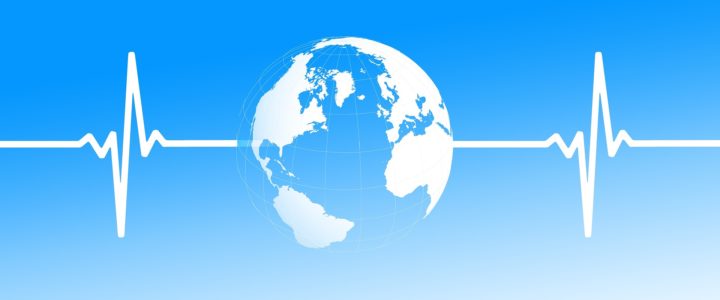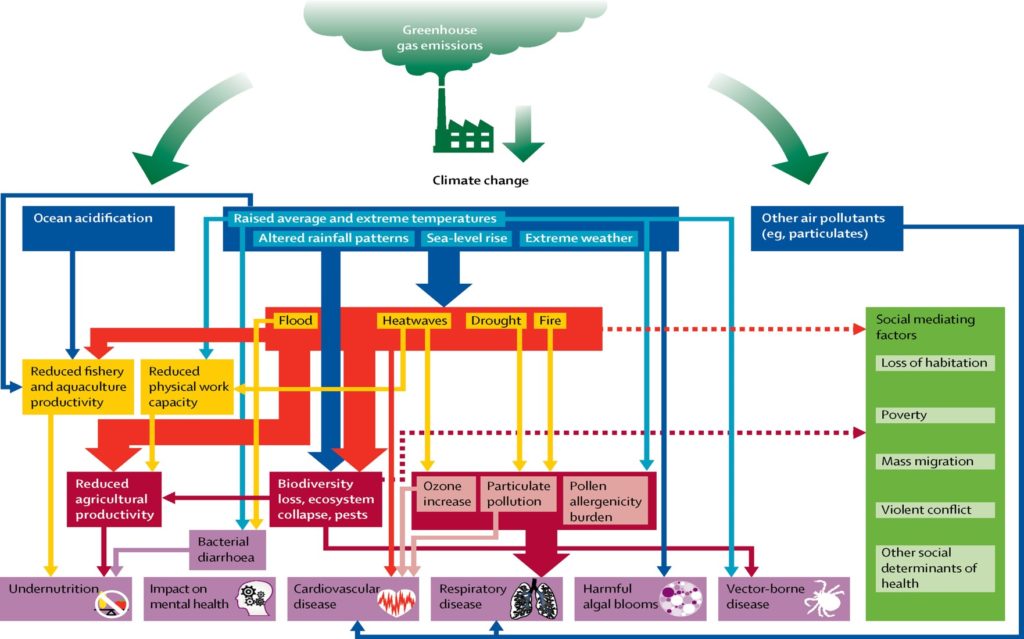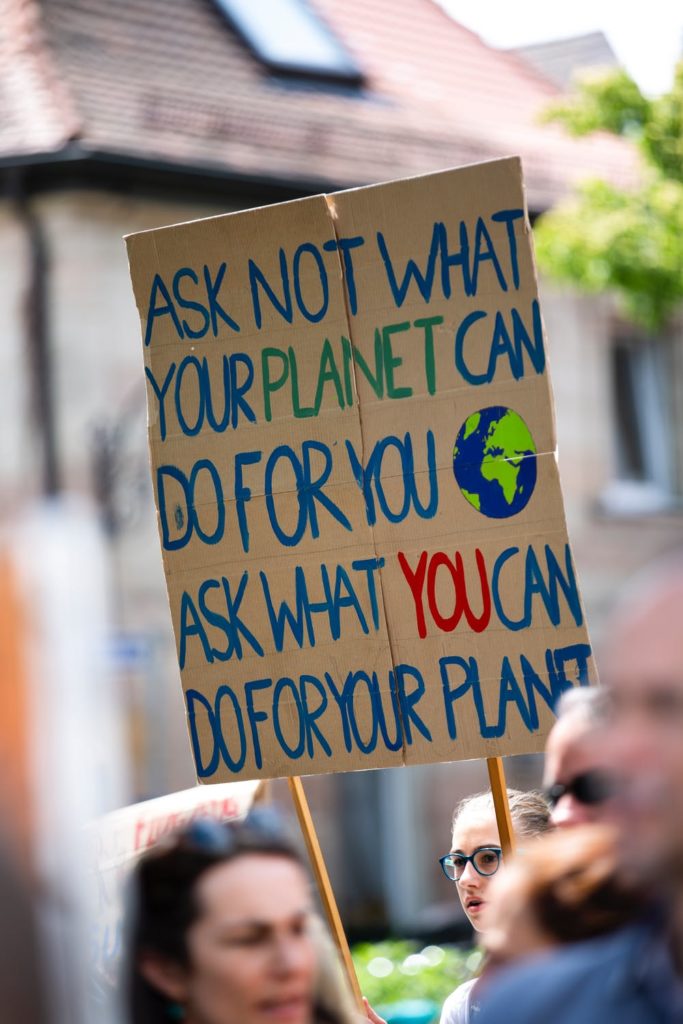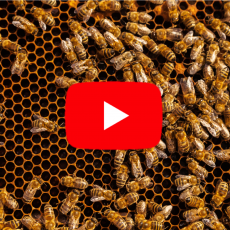
Planetary Health is a relatively new discipline, with the term appearing for the first time in March 2014. It was coined by Richard Horton, editor-in-chief of well respected, independent, and international medical journal, The Lancet (which, out of interest, was founded with its first publication in 1823!). The idea behind this phrase was explored some 12 months before that, when Cornell Professor Steven Osofsky wrote about the findings of a research program called HEAL (Health and Ecosystems: Analysis and Linkages), declaring that a new branch of environmental health was needed to characterize the health impacts brought about directly by anthropogenic changes to the Earth’s systems (which also relate closely to the 9 Planetary Boundaries we explored last week). But we all know that we need labels before a concept will be fully embraced. After the initial positive response from Horton’s 2014 article, The Lancet published another piece in 2015, further highlighting this new health sector. This was the culmination of 12 months of research by the Rockefeller Foundation – Lancet Commission on Planetary Health. With so much work to be done, science to be explored, and the need to engage the best medical minds across the globe on this important topic, two things happened: in 2016 the Planetary Health Alliance was launched with support of the Rockefeller Foundation, which is an ever-growing consortium of global universities, NGOs, research institutes, and government entities committed to understanding and addressing environmental change and the respective health impacts (I’m sure you’ll be pleased to know that Steven Osofsky, mentioned above, is the science policy director at this Alliance); and in 2017 The Lancet launched a whole new journal: The Lancet Planetary Health, dedicated to finding scientific evidence which can help strengthen policy action and provide alternative solutions for a better and more resilient future.
Planetary Health has been defined as “the health of human civilisations and the natural systems on which they depend.” To fully appreciate this concept, we need to acknowledge the powerful impacts which humans are having on the environment around us. The changes we are forcing upon climate, land, water, and ecosystems are all having repercussions in a far greater way than anyone could have imagined at the turn of the 21st century. We are making survival increasingly difficult, not just for nature around us, but for us also.
So, Planetary Health is a field with an interdisciplinary and trans-disciplinary approach that brings together concepts which have been previously dealt with separately, under one umbrella. It is becoming increasingly obvious that we can’t work in silos trying to create a more sustainable, equitable, healthier future on the planet – there must be an interconnectedness of the solutions as there is interconnectedness in the problems and consequences of our actions. So the overlap between Planetary Health and the previously existing fields of Environmental Health; EcoHealth; GEOHealth; Global Health; and Conservation Medicine isn’t surprising, but the cohesion “Planetary Health” brings is necessary to move the concepts out of conceptual state and into an actionable one.
In short, we have mortgaged the health of future generations to realise economic and development gains in the present.
Why is this necessary though? As a human race, we’re actually healthier than ever. We’re living longer in a more prosperous way than we ever have before. We’ve seen drops in global child mortality, drops in the number of people living in extreme poverty (still much work to do to meet the UN SDGs on these points though), and we’re clocking up an extra average 20 years on our lifespan than 50 years ago. But none of these gains are irreversible. Because simultaneously we’ve been dramatically altering our surroundings, through use and abuse of the planet’s natural resources. And herein lies the problem. By damaging the health of the planet, we inherently damage the health of humans on it.
For the sake of clarity and appreciation of the interconnectedness mentioned above, let’s quickly just list some of the individual health impacts we can expect from continued exploitation of Earth’s resources:
* Due to a decline in fish in the ocean and successful fisheries, 854 million people (11% of the global population) are at risk of becoming undernourished due to lacking in Vitamin A, Zinc and Iron – which they currently obtain from wild caught fish;
* Extreme weather events will lead to flooding which will see an increase in water-borne bacteria, leading to gastro illnesses and undernutrition ;
* Continued burning of coal will see increasing particulate pollution, leading to poor air quality and increased number of people with respiratory illnesses, as well as greater risk to life from said respiratory illnesses;
* Poor air quality resulting from bigger and more frequent wildfires will also result in both short and long term respiratory problems;
* Rising average temperatures combined with rising water levels will lead to increased number of disease vectors (ticks, mosquitos, etc) as well as greater geographical territories for them to live in;
* Ocean acidification will see increased risk of algal blooms which deplete water oxygen levels, meaning less fish breeding, which will damage fisherman productivity, leading to reduction in socioeconomic standing which will impact the fishermen’s ability to provide for their families; and loss of fish will also lead to potential undernutrition for those people usually reliant on fish diet (as mentioned above also);
* Carbon Dioxide released into the atmosphere is reducing the amount of nutrients held within certain crops, like wheat, rice, barley and soy, which again leads to risk of undernutrition for millions of people who rely heavily on such crops.
And as mentioned – this is a short list, by no means exhaustive. But it should provide a pretty good basis for starting a conversation with someone about the need to address the current ‘take-take’ relationship we have with Earth.

What can you do to help the state of Planetary Health improve? Like with many instances of climate crisis, the problem can seem pretty overwhelming which can sometimes stop action before it gets started. But one of the things we’re passionate about at swrm is supporting you through these life changes, making sure you have the information and motivation you need to keep doing the (often difficult) right thing. So it’s great for you to know that probably a lot of what you’re already doing to lead a more sustainable and lower carbon footprint life, is therefore having a positive impact on Planetary Health! But here’s some additional specifics:
* Reduce food waste;
* Change to a low environmental impact diet (no, it doesn’t necessarily have to be vegan, but there can no longer be debate over the negative environmental impact of eating meat, this has been proven time and time again);
* Reduce water waste and use this precious resource wisely;
* Help to end deforestation by lobbying and using only certified wood and paper products;
* Influence city planning by attending council meetings and having your voice heard;
* Promote family planning – this does not mean promoting gender selection, female infanticide, forced sterilization or governmental restrictions – it means, at least in part, recognizing the power of female education and empowerment;
* Appeal for better governance, through local and national policies which protect both the environment and human health.




